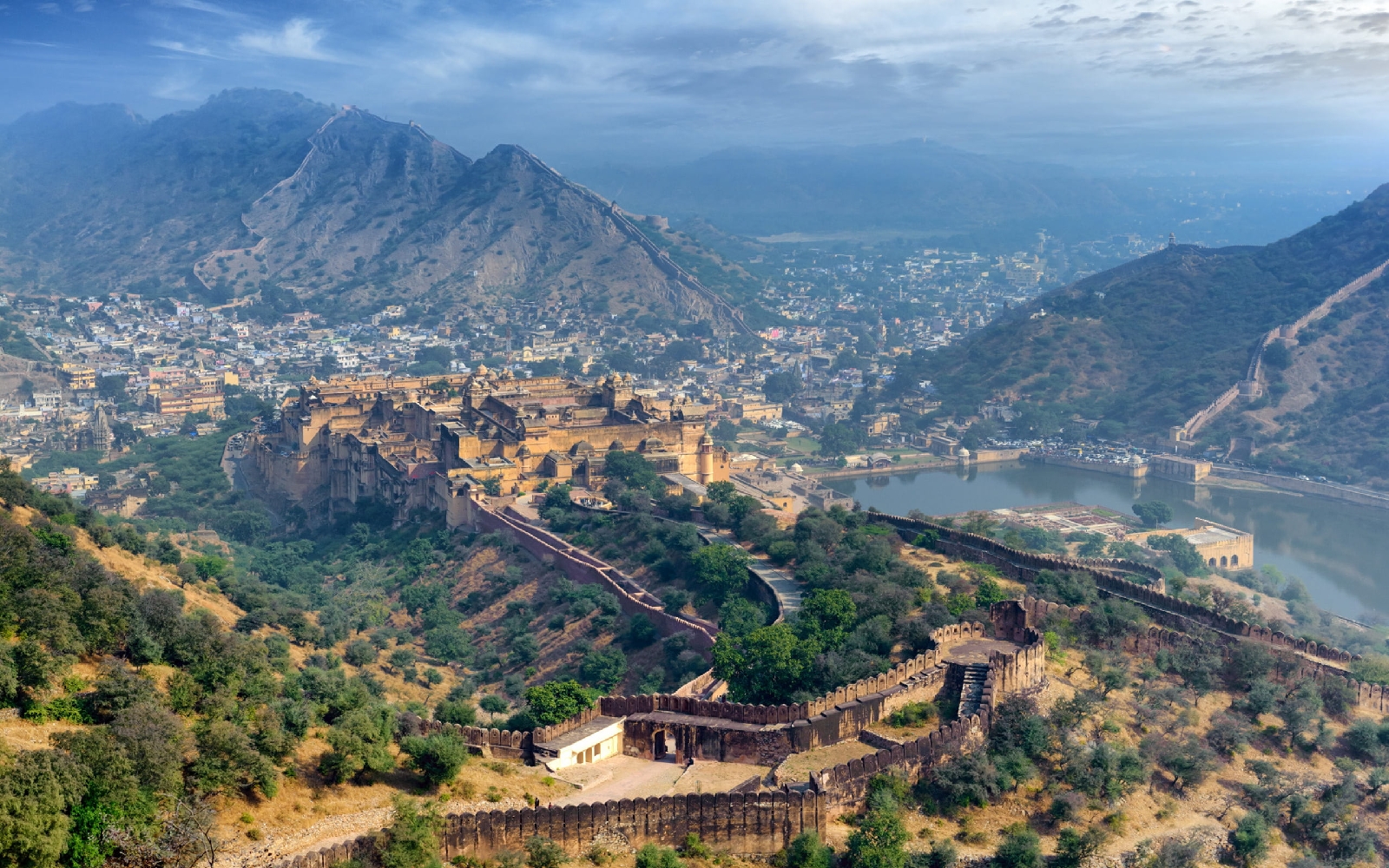Title: Chatrapati Shivaji Maharaj: The Great Maratha Warrior
Introduction:
Chatrapati Shivaji Maharaj, also known as Chhatrapati Shivaji, was a legendary figure in Indian history and a true icon of courage, valor, and leadership. Born in 1630, Shivaji Maharaj established the Maratha Empire and played a significant role in shaping the destiny of Maharashtra, leaving an indelible mark on the nation's history. His remarkable military strategies, administrative skills, and unwavering commitment to justice continue to inspire generations even today. In this blog, we will delve into the life and achievements of this revered warrior king, highlighting his contributions to India and his enduring legacy.
Early Life and Rise to Power:
Shivaji Maharaj was born into the Bhonsle Maratha clan, the son of Shahaji Bhonsle, a prominent Maratha general. From an early age, Shivaji demonstrated exceptional qualities of leadership, intelligence, and a strong sense of justice. Influenced by his mother, Jijabai, who instilled in him a deep love for his motherland and the values of Hinduism, Shivaji grew up with a strong sense of identity and a vision to liberate his people from foreign rule.
At the age of 16, Shivaji Maharaj embarked on a mission to establish a sovereign Maratha kingdom. He employed guerrilla warfare tactics, seizing several strategic forts from the hands of the powerful Bijapur Sultanate and the Mughal Empire. This marked the beginning of his meteoric rise to power and the foundation of the Maratha Empire.
Military Genius and Administrative Reforms:
Shivaji Maharaj was not only a fierce warrior but also a brilliant military strategist. He employed innovative tactics such as the guerrilla warfare "Ganimi Kava" (the war of deception) to challenge the mighty Mughal Empire. Shivaji's military achievements were not merely limited to warfare; he also revolutionized the concept of naval warfare by building a formidable navy to protect the coastline of Maharashtra.
Apart from his military prowess, Shivaji Maharaj was a visionary ruler who introduced various administrative reforms for the welfare of his subjects. He established an efficient system of governance that prioritized justice, religious tolerance, and economic prosperity. He implemented the concept of "Ashta Pradhan" (Council of Eight Ministers) to streamline governance and ensure efficient decision-making. Shivaji also emphasized the importance of water management, agriculture, and infrastructure development, which significantly improved the living conditions of his people.
Legacy and Influence:
Chatrapati Shivaji Maharaj's legacy is unparalleled, and his impact on India's history cannot be overstated. He inspired a sense of nationalistic pride and instilled the values of bravery, patriotism, and self-governance among his subjects. Shivaji's principles of Swarajya (self-rule), Surajya (good governance), and Dharma (righteousness) continue to resonate with the people of India.
Beyond his military and administrative achievements, Shivaji Maharaj's unwavering commitment to religious tolerance is noteworthy. He treated people of all faiths with respect and ensured their freedom to practice their religion. This inclusive approach fostered social harmony and unity among his diverse subjects.
Today, statues, memorials, and institutions dedicated to Shivaji Maharaj can be found across Maharashtra and other parts of India. His life and heroic exploits have been immortalized in literature, folk songs, and movies, further cementing his place as a legendary figure in Indian history.
Conclusion:
Chatrapati Shivaji Maharaj was not merely a warrior king but a visionary leader who transformed the destiny of Maharashtra and left an indelible mark on Indian history. His military genius, administrative reforms, and unwavering commitment to society.



Comments
Post a Comment